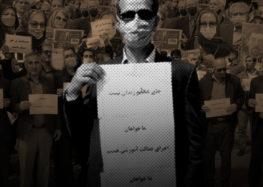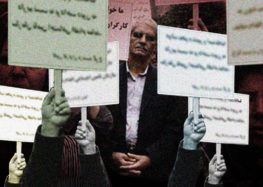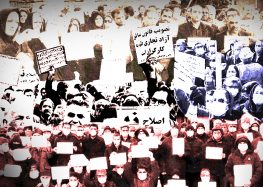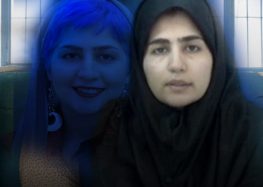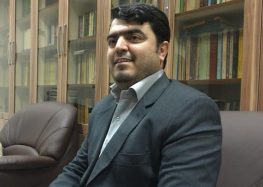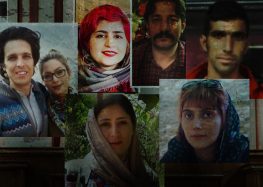Clampdown on Teachers and Labor Activists
Teachers Interrogated and Arrested Despite UN Pledges
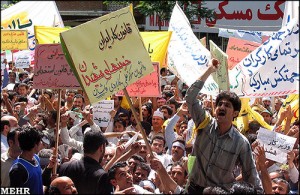
(30 April 2010) The International Campaign for Human Rights in Iran today urged Iranian authorities to respect the rights of trade union activists and teachers to participate in International Workers Day (1 May) and National Teachers Day (2 May) observations, and expressed deep concern about recent arrests of members of teachers groups in an apparent attempt to intimidate others from demonstrating.
In February 2010, in the course of a review of its human rights record under the United Nations Universal Periodic Review process, Iran agreed to respect the social and economic rights of its citizens and their right to freedom of expression as recommended by Brazil, Mexico, Zimbabwe, Bolivia, Vietnam, and Kuwait.
“We call upon the Islamic Republic to abide by its commitment to respect economic and social rights and the right to freedom of expression, to halt the persecution of peaceful labor and teacher activists, and to permit groups to express their solidarity and demands on the first and second of May,” stated Aaron Rhodes, a spokesperson for the Campaign.
“If the authorities go on harassing labor activists and crush the May observances, as they have in past years, it will demonstrate the total hypocrisy of the pledges Iran made,” he said.
On 24 April, three members of the Teacher’s Trade Association in Hamedan, Ali Najafi, Asghar Mohammad Khani and Jalal Naderi, were summoned to the local intelligence office. Ali Najafi was detained for a day and night. All of them were interrogated again on 26 April.
Mohammad Beheshti Langeroudi and Ali Akbar Baghani were summoned on 24 April to the Tehran Investigation Office of the Intelligence Ministry. On 29 April, their houses were both attacked and searched by intelligence agents, and they were subsequently detained, with no information given as to their whereabouts or the legal basis for their arrest.
On 22 April 2010, Tofigh Mortezapour and Hasan Kharatian, from the Teacher’s Trade Association in Tabriz, were summoned to the local intelligence office. On 26 April, the house of Mortezapour was searched and personal items, including his computer and papers, were confiscated. On 27 April both men were interrogated.
In the past week, two teachers, Ali Sadeghi and Mohammad Tavakoli, from Kermanshah, received flogging and prison term sentences for participating in a teacher’s protest in 2006, having been charged with organizing an illegal gathering. They also face security charges, which are still under review.
On 16 April, leaders of Iranian teachers associations met in the city of Yazd to formulate a statement. They were threatened and warned to leave in a telephone call from the local intelligence office. The statement by the leaders of the Coordinating Council of Teacher’s Trade Association has called for hunger strikes after National Teachers Day on 2 May.
A number of Iranian teachers are imprisoned for their labor, human rights, and political activism, including Rassoul Bodaghi, Hashem Khaster, Abdollah Momeni, Alireza Ghanbari and Mohammad Davari. Two of them, Farzad Kamangar and Alireza Ghanbari have been sentenced to death.
A group of 10 Iranian labor organizations published a list of concerns and demands ahead of International Workers Day on May 1. They included the freedom to organize, strike, assemble and freely express their grievances, a fair and decent minimum wage, an end to the nonpayment of wages and arbitrary dismissal, and employment security.
The groups also called for an end to the death penalty, the reform of laws discriminating against women, and the release of imprisoned labor activists including Ebrahim Madadi, Ali Nejati, and Mansour Osanloo.
“The harsh and illegal suppression of labor activists and the exploitation of workers in Iran deserve condemnation by the international community, and victims of Iran’s abuse of labor standards deserve the support of their counterparts and people around the world,” Rhodes said.

